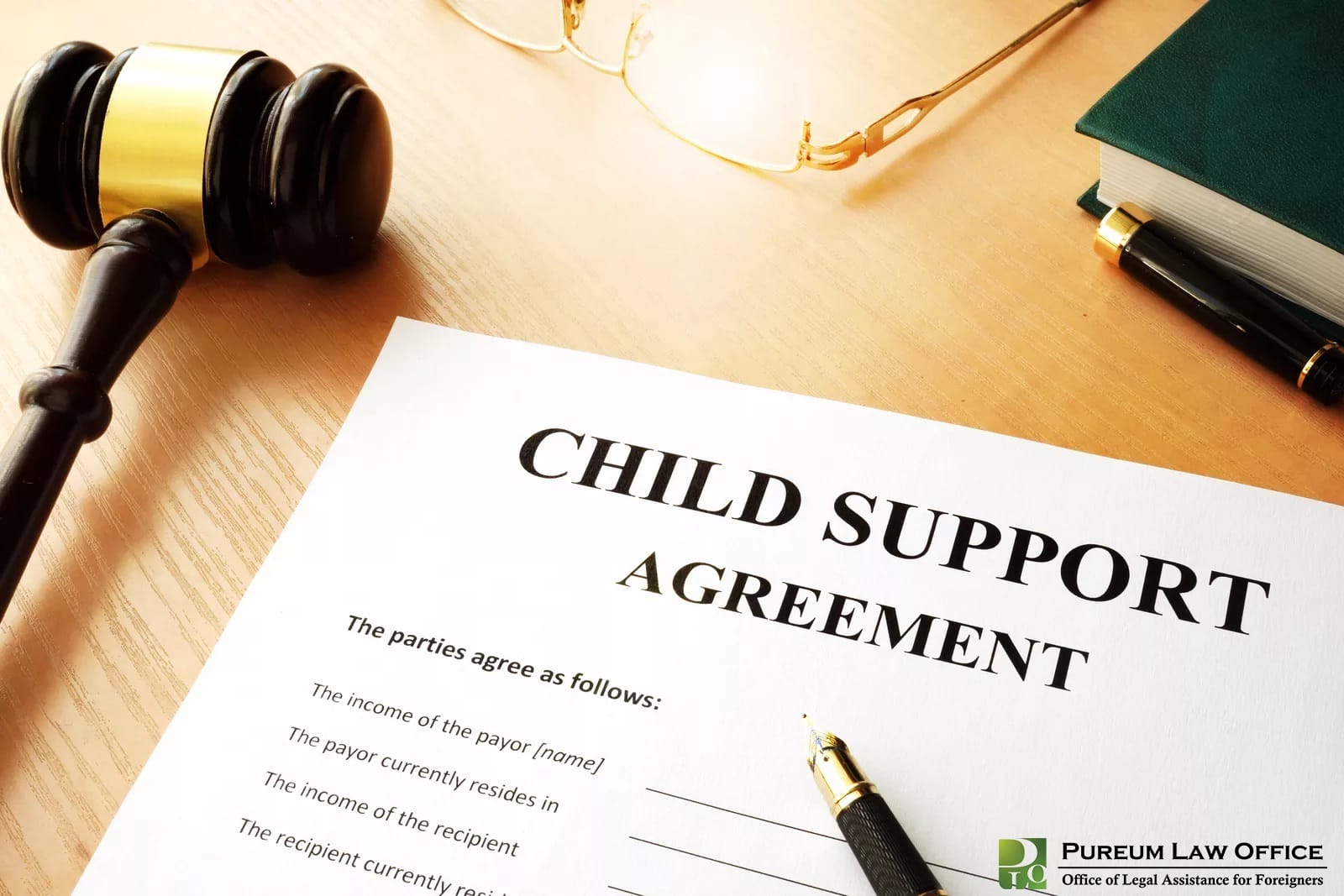
I. Is a Child Support Waiver Agreement Valid under Korean Law?
When couples decide to divorce by mutual agreement, they sometimes draft a waiver agreement stating they will not claim child support or will forgo property division. But is such a waiver legally binding under Korean law?
Consider this situation: A couple agrees to a mutual divorce shortly after the birth of their child. The mother, not wanting the father to have any rights over the child, decides to waive her right to claim child support and takes full custody. She raises the child alone. Years later, as the child is about to enter university, she faces financial difficulties and reaches out to the father for assistance with tuition. He bluntly refuses, citing the waiver signed years ago.
This scenario raises a critical question: Is the child support waiver agreement, signed during a mutual divorce, legally enforceable in Korea?
II. Understanding Waiver Agreements in Divorce
During mutual divorces, it’s not uncommon for couples to sign agreements waiving their rights to property division or child support. In this case, the mother waived her right to claim child support when she divorced, raised the child alone, and only sought child support years later when her financial situation worsened. The father presented the notarized waiver as a defense, but the court still recognized the claim for both past and future child support until the child reached adulthood.
III. Can a Waiver Agreement Prevent Future Claims?
- General Enforceability of Waiver Agreements
The Korean Supreme Court generally recognizes the validity of waiver agreements that include property division and alimony if there is no evidence of coercion or undue influence. For example, if a couple agrees to a mutual divorce and the wife accepts a settlement of 50 million KRW, agreeing to waive further claims, the court will usually uphold this waiver.
Similarly, a waiver of child support would also be valid unless it was written under duress or coercion. However, there are important exceptions.
- Request for Modification of Child Support
Korean law allows for the modification of child support agreements under specific circumstances. If there are significant changes, such as a parent’s loss of employment, financial hardship, or health problems, a request for modification can be made. Even without a significant change in circumstances, if the original agreement is deemed unfair or unreasonable, it can be contested. The court will consider various factors, such as the reason for the waiver, the current financial status of the custodial parent, and the needs of the child.
- Implications for Child Support Waivers
Even if a waiver agreement is signed and notarized, a claim for both past and future child support can still be made if there are substantial changes in circumstances or if the agreement was fundamentally unfair. The court will consider these factors and may grant the claim, ensuring that the child’s needs are met until they reach adulthood.
IV. What About Property Division Waivers?
For a waiver of property division to be valid, specific conditions must be met:
- If the couple fails to proceed with a mutual divorce and instead moves to a court divorce, the waiver becomes invalid.
- The waiver is only effective when there is clear agreement and mutual understanding between the parties on the terms of the divorce, including the property division.
- If these conditions are not met and the divorce occurs without sufficient discussion or agreement, the waiver may not be upheld. In such cases, a claim for property division can be made within two years of the divorce.
Conclusion
If a marriage breaks down, the priority should be protecting the rights and well-being of the parties involved, especially the children. While waiver agreements for child support and property division are generally recognized under Korean law, they are not absolute. Significant changes in circumstances, unfair agreements, and the specifics of each case can lead to the possibility of reopening claims. Courts and lawmakers must continue to ensure that divorce proceedings align with the principles of fairness and justice.
Written by Simon Lee, Founding Partner at Pureum Law Office
simon@dev.pureumlawoffice.com



